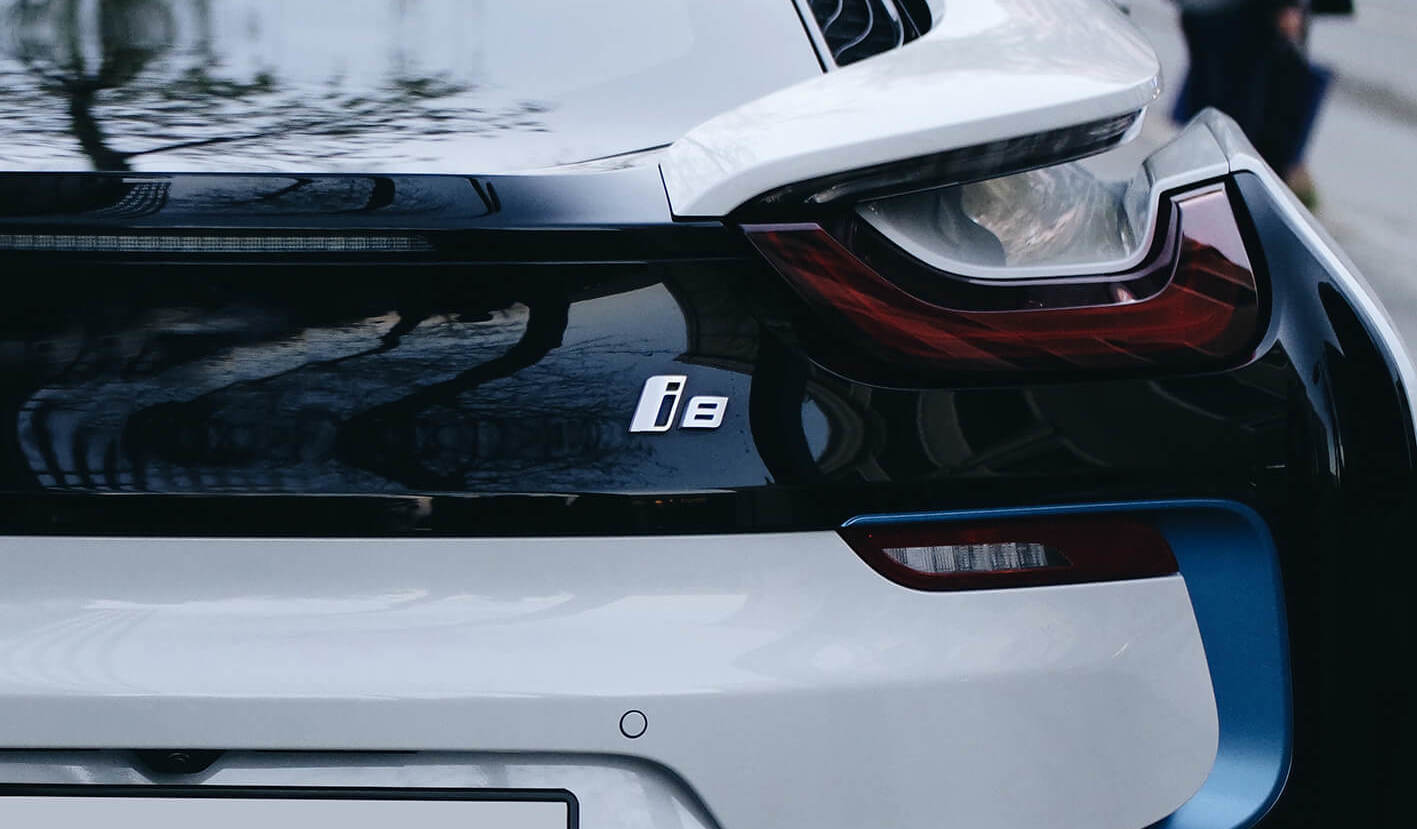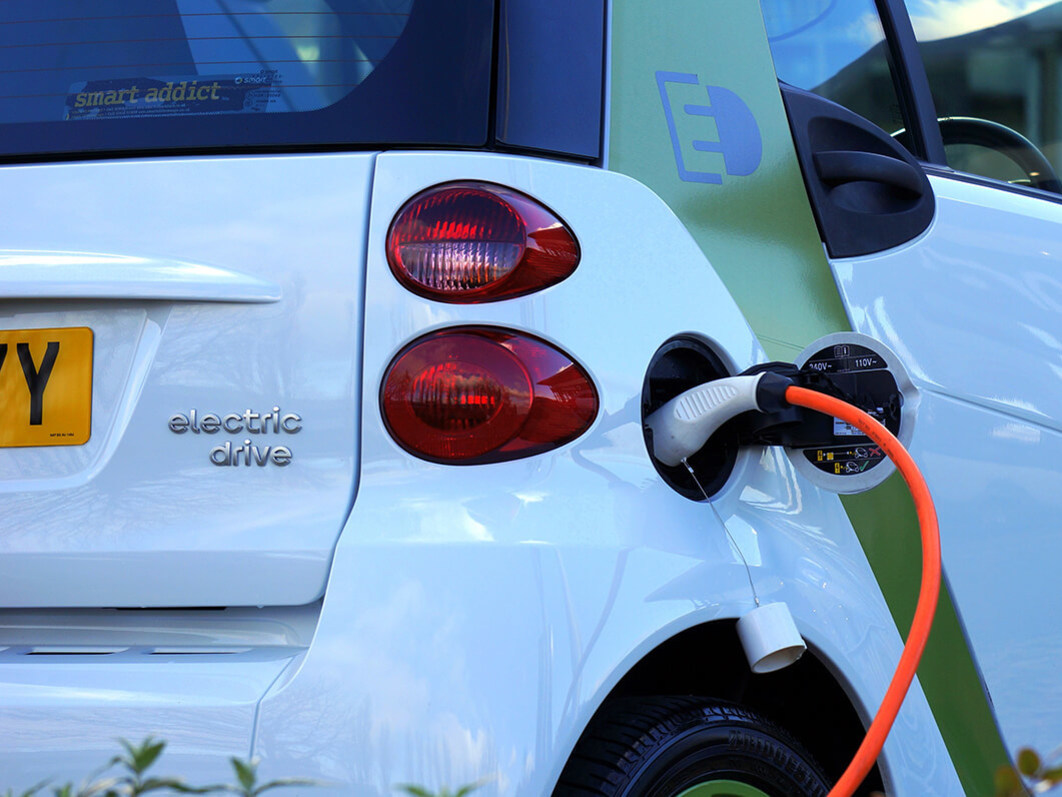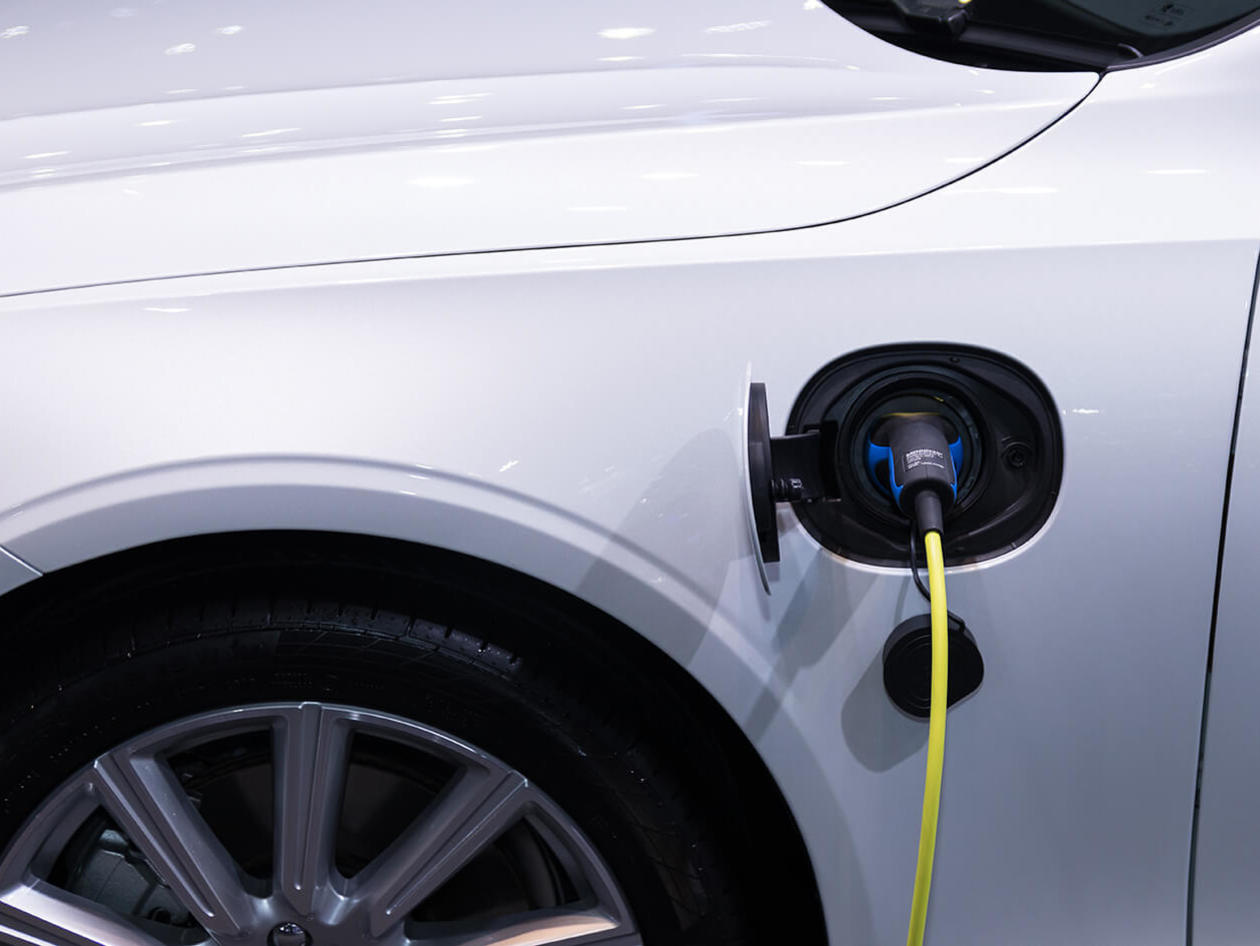Electric and Hybrid Vehicle Servicing and MOT Requirements in the UK
As the automotive industry undergoes a significant transformation, with electric vehicles (EVs) and hybrids becoming increasingly popular, many car owners and prospective buyers in the UK find themselves wondering about the servicing and MOT requirements specific to these types of vehicles.
Are they similar to those of traditional combustion engine cars? Let's delve into the specifics.
Does an electric car need an MOT?
Yes, just like petrol and diesel cars, electric vehicles also need to undergo an MOT test. MOT, which stands for the Ministry of Transport test, is a required vehicle safety and roadworthiness test.
Regardless of the vehicle’s power source, if it's being used on the roads in the UK, it must meet certain safety and environmental standards.
When does an electric car need an MOT?
For electric cars, the first MOT is due when the vehicle is 3 years old, just like their petrol and diesel counterparts. After the initial MOT, you’ll need to get the vehicle retested every year.
Does it take a longer time to MOT an electric car?
The duration of the MOT test for an electric car can vary depending on several factors such as the vehicle's condition, its make and model, and the testing centre itself. On average, an MOT test takes between 45 minutes to an hour.

The differences in MOT requirements for EV vs Hybrid vehicles
While both EVs and hybrid vehicles have a lot of overlapping MOT requirements, there are some differences due to their distinct powertrain systems. Here are some points of distinction:
Exhaust Emissions
This is a major testing point for petrol and diesel cars. For hybrids, which have a combustion engine alongside their electric motor, the exhaust system will still be checked for emissions. However, full electric vehicles do not produce exhaust emissions, so this part of the test is irrelevant for them.
Fuel System
For hybrids, this system will be tested as per the standard protocols that apply to traditional cars. Electric cars, of course, do not have a fuel system in the traditional sense. Instead, they will be examined for the security and integrity of their battery systems and any potential leakages.
Noise
While both EVs and hybrids are quieter than traditional cars, hybrids can generate noise when their petrol or diesel engine is in operation. The MOT will include noise level checks to ensure that the vehicle isn't producing excessive noise.
Battery and Electrical Systems
This is especially pertinent for electric vehicles. The MOT test will ensure that the battery is secure, in good condition, and not leaking. All wiring should also be in good condition without any sign of damage. Hybrids will be tested in a similar manner, but in addition to their conventional engine components.
Braking Systems
While the basic principles of checking the braking system remain the same, EVs often have regenerative braking systems that recuperate energy when the vehicle is slowing down. The MOT will ensure that this system, as well as the standard brakes, is working effectively.
General Checks
Both hybrids and EVs will also go through the standard MOT checks which include lights, tyres, windscreen wipers, mirrors, seatbelts, horn, and other essential vehicle components.


Does my garage need to specialise in the MOT and servicing of electric vehicles and hybrids?
It's a crucial question many EV and hybrid owners ponder. As EVs and hybrids differ substantially from traditional combustion engine cars in their technology and functionality, it's essential to ensure they are serviced and inspected correctly. Let’s break down why specialist training and expertise is so vital:
Complex Electrical Systems
EVs and hybrids are designed around intricate and high-voltage electrical systems that can be dangerous if mishandled. The risk of electric shocks is much higher, and without appropriate training, technicians could be severely harmed.
Battery Handling
Batteries in electric and hybrid vehicles are not like your standard car battery. They are high-voltage units that require specialist handling, especially if they need to be removed or replaced. Incorrect handling can result in injury or damage to the battery, which can be expensive to replace.
Regenerative Braking Systems
As previously mentioned, many EVs utilise regenerative braking systems which can be complex to work on without the appropriate knowledge.
Software and Diagnostics
Electric and hybrid cars often rely heavily on advanced software for their functionality. This software needs specialist equipment and knowledge for accurate diagnostics and updates.
Danger of Incomplete Training
Not being fully trained can lead to potential misdiagnosis, incorrect repairs, or even dangerous situations if high-voltage systems are tampered with inappropriately. Furthermore, a technician without adequate knowledge might miss key warning signs of potential issues or fail to service the vehicle to the manufacturer's standards, potentially compromising the vehicle's performance, safety, and warranty.
In summary, while many garages might claim they can service or MOT an EV or hybrid, it's in the vehicle owner's best interest to ensure that the chosen garage has the necessary training and expertise. This ensures not only the longevity and performance of the vehicle but also the safety of both the technician and the vehicle owner.
At Beverley Motor Works, we invest heavily in the training and equipment required to service and MOT any make and model of Electric and Hybrid vehicles. You can find out more about our EV and Hybrid vehicle services here.
Share this post:






